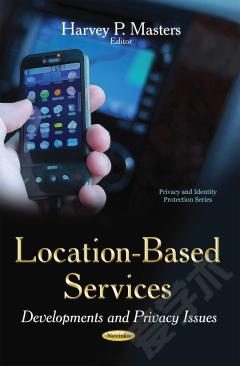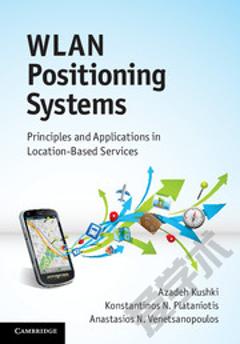Location-Based Services: Developments and Privacy Issues
Technological innovations, notably over the past decade, facilitate the collection of substantial amounts of personally identifiable data about virtually anyone who accesses information online. The rapid pace of change in both technology and business models is fueling an active and growing debate in the United States and around the world about the appropriate use of that data. This book focuses on one part of the discussion: Location-based services (“LBS”), mobile services that combine information about a user’s physical location with online connectivity and are transforming the way Americans work and play. The prevalence of in-car communication systems provided by auto manufacturers (called telematics systems), PNDs, and smart phones has brought significant opportunities for consumers to access location-based services in their cars. As in-car location-based services have become commonplace, privacy groups and policy makers have questioned whether location data collected by companies can be used for purposes beyond the provision of services, such as by data brokers who collect information to resell the information. This book addresses what selected companies that provide in-car location-based services use location data for and if they share the data, and how these companies’ policies and reported practices align with industry-recommended privacy practices.
{{comment.content}}








 京公网安备 11010802027623号
京公网安备 11010802027623号